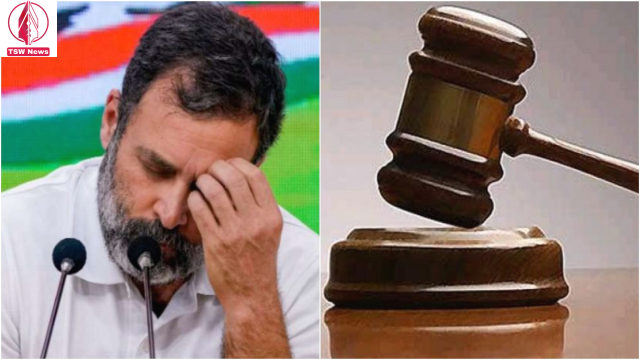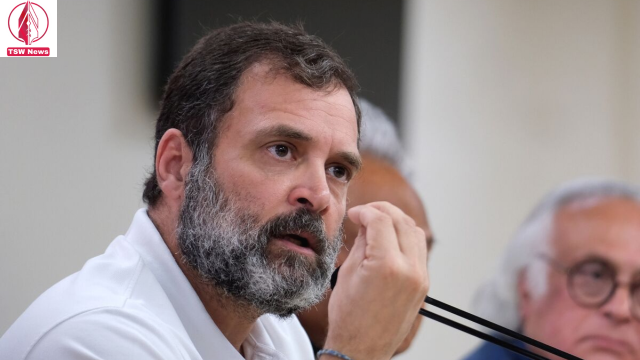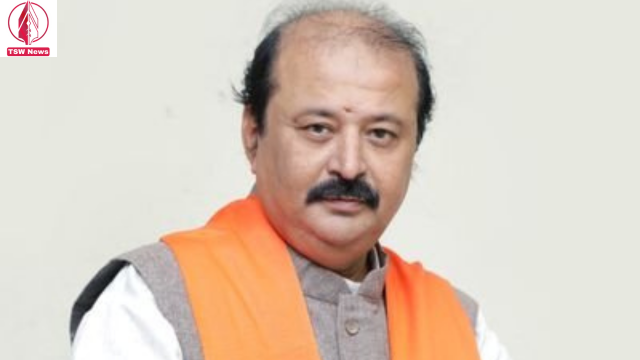Verdict Day: Rahul Gandhi's Fate Hangs in Balance as Surat Court Rules on Modi Surname Defamation Appeal
- Posted on April 14, 2023
- News
- By Arijit Dutta
- 409 Views

Verdict Day:-
On April 20, a verdict will be announced by a Surat sessions court regarding Rahul Gandhi's appeal against his conviction in the 'Modi surname' defamation case. During a hearing on Thursday, both sides presented their arguments before the court of Additional Sessions Judge R P Mogera, who subsequently reserved the verdict for the aforementioned date.

On March 23, a court of a metropolitan magistrate in Surat sentenced Rahul to two years in jail for his statement, made during an election rally on April 13, 2019, in which he said, "How come all thieves have Modi as the common surname."
In addition to his sentencing, Rahul Gandhi faced further consequences as a result of his conviction. Specifically, he was disqualified as a member of Parliament from Lok Sabha, the lower house of India's Parliament. This meant that he was no longer able to participate in parliamentary proceedings, including voting and debates.
Furthermore, he was served notice to vacate his official bungalow in the national capital, which had been allotted to him as a Member of Parliament. This action was taken in accordance with government regulations, which dictate that a disqualified MP is required to vacate their official residence within a specified period of time. The disqualification and eviction from his bungalow were significant setbacks for Rahul, as they represented a loss of both his political power and personal status
Rahul Gandhi's legal team filed an appeal against his conviction, arguing that it was "erroneous" and "patently perverse". They contended that the trial was unfair and that there was no justification for imposing the maximum punishment in the case. In response, BJP MLA Purnesh Modi, who served as the complainant in the case, opposed Rahul's plea for a stay on his conviction. Modi alleged that the Congress leader was a "repetitive offender" who had a history of making defamatory statements.
This argument suggested that Rahul's conviction was not an isolated incident but rather part of a pattern of behavior. The case thus became a contentious matter, with both sides presenting their arguments before the court.
Senior advocate R S Cheema argued in favor of Rahul and informed the judge that the trial was unfair. According to Cheema, the magistrate's verdict was unusual as the judge had mixed up all the evidence available on the record. He stated that the entire trial was based on electronic evidence and that he had given a speech during elections, which a person sitting 100 km away had watched and filed a complaint. Cheema claimed that there was no justification for imposing the maximum penalty in this situation.
The complainant had erroneously linked Gandhi's unconditional apology to the Supreme Court in the Rafale contempt Case with this particular case, as per his statement.

For more updates keep visiting our website www.topstoriesworld.com where we provide unbiased, true, and top stories of the world




